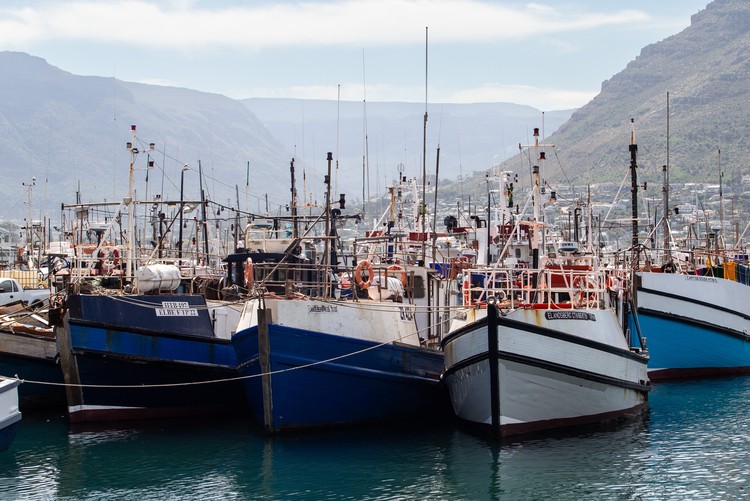Western Cape small-scale fishers finally get their rights
Fisheries department announces long-awaited permits finalised in the Western Cape
Small-scale fishing permits have finally been granted in the Western Cape. Archive photo: Ashraf Hendricks
- Long-awaited small-scale fishing permits have been granted for the Western Cape, the Department of Forestry, Fisheries, and the Environment (DFFE) announced on Wednesday.
- A total of 3,850 small-scale fishers in 62 cooperatives have been given fishing rights after a delay of several years.
- A decision still has to be made about what they will be allowed to catch.
Small-scale fishing rights have been granted for 15 years across the Western Cape after a long battle, the Department of Forestry, Fisheries, and the Environment (DFFE) announced on Wednesday 15 November. This means that 62 fishing cooperatives, consisting of 3,850 small-scale fishers, will be set up across the province.
The finalisation of small-scale fishing rights has been delayed in the Western Cape for a few years. After several complaints about the 2016-2019 rights allocation process, when only 29% of applicants were granted rights, the DFFE Minister Barbara Creecy approached the Western Cape High Court to review the process. The court set the rights allocation process aside in August 2022, and a new process was started soon afterwards.
This time around, 93% of applicants were granted small-scale fishing rights.
These rights, which are granted only to fishers belonging to co-operatives, include the right to fish for subsistence, to process the fish and to sell it. Before provision was made for the small-scale fishing sector, only recreational, commercial, and subsistence fishing was recognised.
Fishing rights were granted to co-operatives in the Northern Cape in 2018, KwaZulu-Natal in 2019, and the Eastern Cape in 2020.
Fishers welcomed the granting of permits, said Carmen Mannarino, programme manager at Masifundise. But, she said, there were worries about what species they would be allowed to fish.
Recently the DFFE reduced the total allowable catch allocations (for all kinds of fisheries) for West Coast Rock Lobster by more than 16% for the 2023-2024 fishing season.
A fisher from Arniston, Rovina Europa, said this meant the DFFE was “giving crumbs to fishermen”.
“People are struggling, poor, and they are hungry,” she said.
Europa said that from Northern Cape to Cape Agulhas, “most households” depend on rock lobster for their livelihoods because “they know it is the only income which they can rely on”.
Speaking at the media briefing on Wednesday, Sue Middleton, deputy director-general of fisheries management, said that the decision to reduce the total allowable catch for west coast rock lobster wasn’t popular but that the “resource is under threat”.
“Unless we take drastic measures to address the situation, the resource will decline even further to unsustainable harvestable levels,” said Middleton.
The DFFE will now start setting up co-operatives and providing mentors to each co-operative. Creecy said on Wednesday that a lot more had to be done to support co-operatives and help the small-scale sector grow.
Support independent journalism
Donate using Payfast

Don't miss out on the latest news
We respect your privacy, and promise we won't spam you.
Next: South African Jews call for ceasefire in Gaza
Previous: Activists doorstop police to demand answers for brutal barbershop assault
© 2023 GroundUp. This article is licensed under a Creative Commons Attribution-NoDerivatives 4.0 International License.
You may republish this article, so long as you credit the authors and GroundUp, and do not change the text. Please include a link back to the original article.
We put an invisible pixel in the article so that we can count traffic to republishers. All analytics tools are solely on our servers. We do not give our logs to any third party. Logs are deleted after two weeks. We do not use any IP address identifying information except to count regional traffic. We are solely interested in counting hits, not tracking users. If you republish, please do not delete the invisible pixel.

